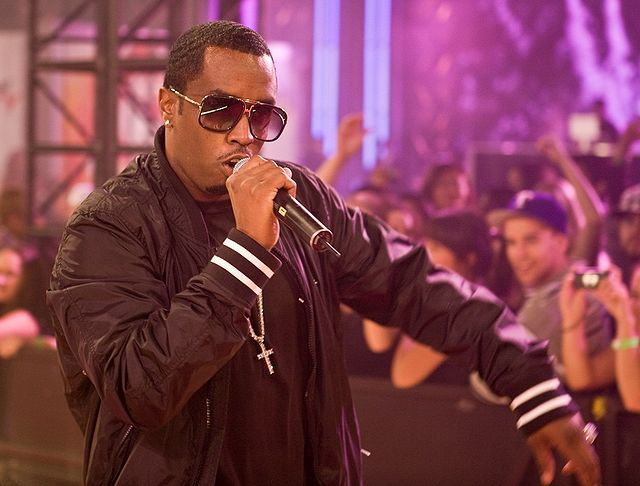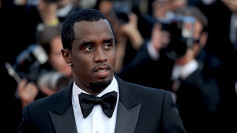In the latest developments surrounding the criminal case against Sean "Diddy" Combs, prosecutors are strongly opposing the rapper's request for a gag order and additional legal protections, asserting that Diddy's legal team is "grasping at straws" to prevent potentially damaging evidence from entering the trial. In court documents obtained by In Touch, prosecutors urged the judge to deny Diddy's requests, including his efforts to bar witnesses from speaking to the media and his demand for the government to provide the names of his alleged victims.
Diddy, 54, faces serious charges of sex trafficking and racketeering following his September arrest. He has since pleaded not guilty, though his requests for bail have been rejected multiple times. With a court filing earlier this week, Diddy's legal team argued that a gag order would prevent witnesses from creating what they described as a "carnival atmosphere" around the high-profile case, potentially harming his right to a fair trial. His attorney claimed that witnesses have publicly circulated "shockingly prejudicial and false allegations of sexual assault and abuse of minors."
The prosecutors, however, have dismissed these assertions as groundless, accusing Diddy of attempting to manipulate the trial process to protect his public image. They pointed to a video, released by CNN in May 2024, showing Diddy allegedly assaulting his former girlfriend, Cassie, in a hotel hallway in 2016. Diddy's team claimed that federal agents leaked the video, but prosecutors refuted this, stating that the government did not possess the video at the time of its release. "The defendant is fully aware," they wrote, "the video was not in the Government's possession at the time of CNN's publication."
This video, a key piece of evidence in the case, remains at the center of a heated legal dispute. Diddy's team contends that it should be thrown out, while prosecutors argue it is highly probative evidence that could support the accusations against him. They went further to call the rapper's claim of a leak "baseless," adding that Diddy's defense is attempting to "suppress highly probative evidence" by alleging misconduct on the part of government agents.
Beyond the gag order, Diddy's lawyers are pressing for access to the names of alleged victims. Prosecutors argue that this request is premature and could jeopardize the safety of the victims and witnesses. "This improper request should be denied in its entirety," they argued, "particularly here, where there are serious and ongoing concerns of victim and witness safety, tampering, and intimidation." They emphasized Diddy's history of "violence and obstruction," noting that Judge Carter has previously deemed him a "danger regarding obstruction of justice and witness tampering."
The prosecutors further elaborated on their concerns, suggesting that Diddy could use any disclosed information on witnesses to strengthen his defense in related civil litigation cases. They described the request for victim names as "a vehicle to attempt to prematurely restrict the Government's proof at trial and use these criminal proceedings to defend himself in the press against complainants in separate civil litigation." This tactic, they claim, undermines the integrity of the criminal case and could endanger the anonymity and safety of the complainants involved.
As part of his plea for privacy, Diddy has contended that the public nature of the case and surrounding media attention could compromise his ability to receive a fair trial. His defense team argued that the "relentless media exposure" and public discussions about his character could sway potential jurors. Despite these assertions, prosecutors remain adamant that shielding Diddy from media scrutiny does not serve the public interest or the interests of justice.
This controversy over witness privacy and media restrictions has sparked debate over the balance between maintaining a fair trial and ensuring transparency in judicial proceedings. In related civil cases, judges have recently ruled against allowing plaintiffs to proceed under pseudonyms, citing the "presumption of openness in judicial proceedings." However, criminal prosecutors argue that confidentiality around witness identities is essential, given the potential for intimidation or obstruction by the defendant.
The judge has yet to make a ruling on Diddy's requests, but the prosecutor's opposition underscores the serious nature of the charges against him and the complex legal battle ahead. Prosecutors are intent on moving forward without bending to demands they see as detrimental to the case's integrity. They stated, "As the defendant is fully aware...these requests are nothing more than thinly veiled attempts to circumvent proper court processes and stall the trial."





